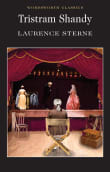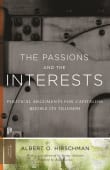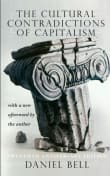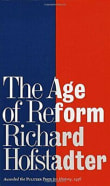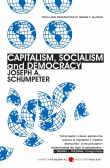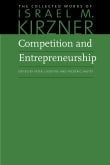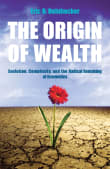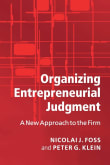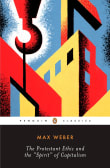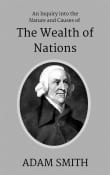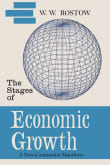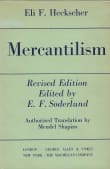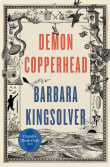The Wealth and Poverty of Nations
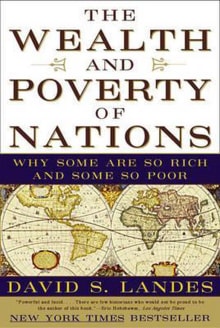
Book description
Now that the old division of the world into the two power blocs of East and West has subsided, the great gap in wealth and health that separates North and South remains the single greatest problem and danger facing the world of the Third Millennium. The only challenge of comparable…
Why read it?
4 authors picked The Wealth and Poverty of Nations as one of their favorite books. Why do they recommend it?

This book is a rare attempt by an eminent economic historian to examine cultural determinants of economic growth and answer the question why it happens, which distinguishes it sharply from the discipline’s exclusive focus on how it proceeds.
Landes, in other words, disentangles the explanation of causes from the preoccupation with the process, which is why I recommend this book.
From Liah's list on the relationship between capitalism and nationalism.

Landes is an economic historian who describes the development of economies throughout history and throughout the world, noting the importance of market institutions to economic development.
Nations that have protected property rights and enforced an objective set of laws have prospered, while those that have not remain poor. The history is interesting and the evidence is compelling. An institutional environment that fosters entrepreneurship is essential for prosperity.
From Randall's list on entrepreneurship and economic progress.

Why do some economies prosper while others seem never to make progress? Landes’s book – with its title a deliberate echo of Adam Smith’s famous work – emphasizes the role of culture in either enabling or retarding productive economic activity, throughout history and across the world. What Landes has in mind is culture in the broadest sense, including our most fundamental presumptions about human relations and the human condition. That, of course, means religion too. Some years ago, reviewing someone else’s book for The New York Times, I referred to David Landes as “a living national treasure if there…
From Benjamin's list on economics, religion, and society.
If you love The Wealth and Poverty of Nations...

The book is by an eminent Economists and is highly influential, answering the big question that all economic historians encounter—why did the West move to industrialize before the East. The book is unapologetically Euro-centric (as using the terms East and West suggests) and while I disagree with the thesis and the presentation of “facts” (a typical historian versus economist problem), I admire the clarity and forceful “I don’t care this is what happened” aspect. One can admire the forcefulness and intelligence of those they fundamentally disagree with.
From William's list on economic history and testing assumptions.
Want books like The Wealth and Poverty of Nations?
Our community of 12,000+ authors has personally recommended 100 books like The Wealth and Poverty of Nations.



